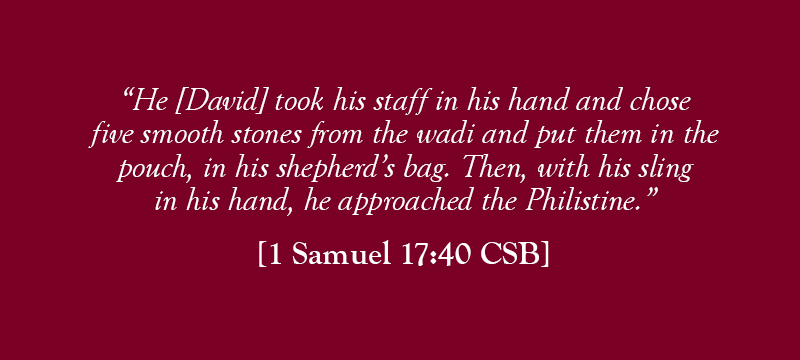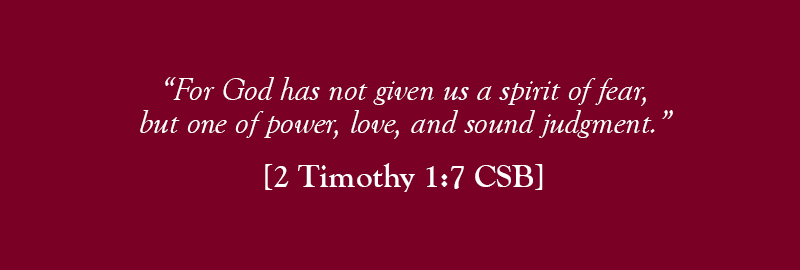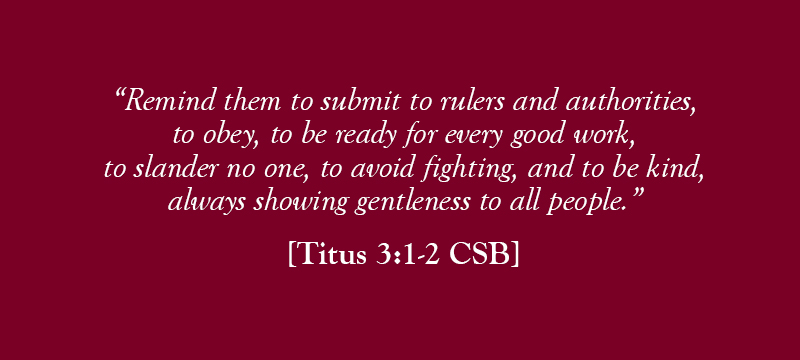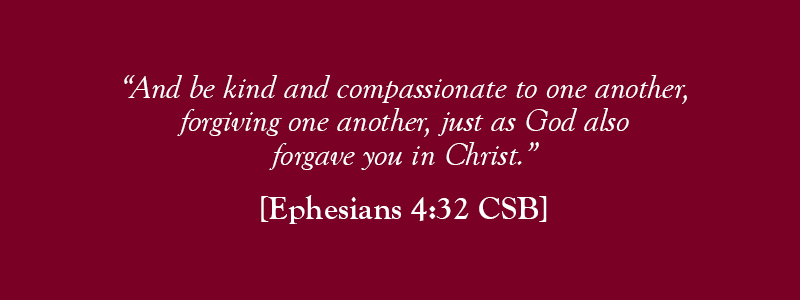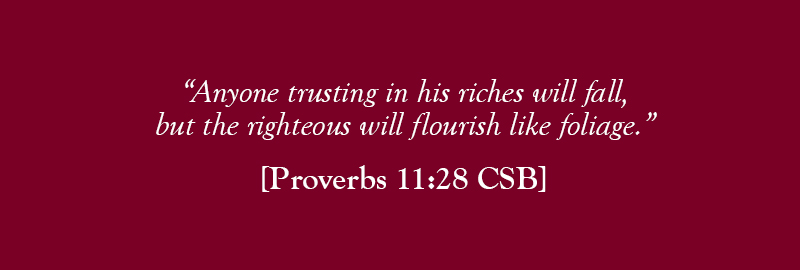|
Fountain
They turned on the fountain today. There is a little fountain in our church foyer, a reminder of our annual vision to become smooth stones in God’s service – like the ones David selected. The little cascade has run since September, a lovely and continuous reminder that no stone should remain unturned.
In March, the fountain was turned off. Without members congregating, there was no need to run it. Of course, the vision continues, as important as ever. No fountain needs to run in order for God’s people to grow. Nonetheless, the dry fountain seemed so forlorn – silent and still in the cavernous foyer.
Today, I walked out from my office and noticed the fountain was again running. I was struck with the kind of joy Hebrew pilgrims appear to have felt as they journeyed up to Jerusalem. Their inspired songs of ascent speak well to the moments of delight granted to us as we wander through the current plague. Through our lamentation, God provides joy that wells up like streams in the desert.
Restore our fortunes, O Lord,
like streams in the Negeb!
Those who sow in tears
shall reap with shouts of joy! [Psalm 126:4-5 ESV]
God bless,
Wayne
